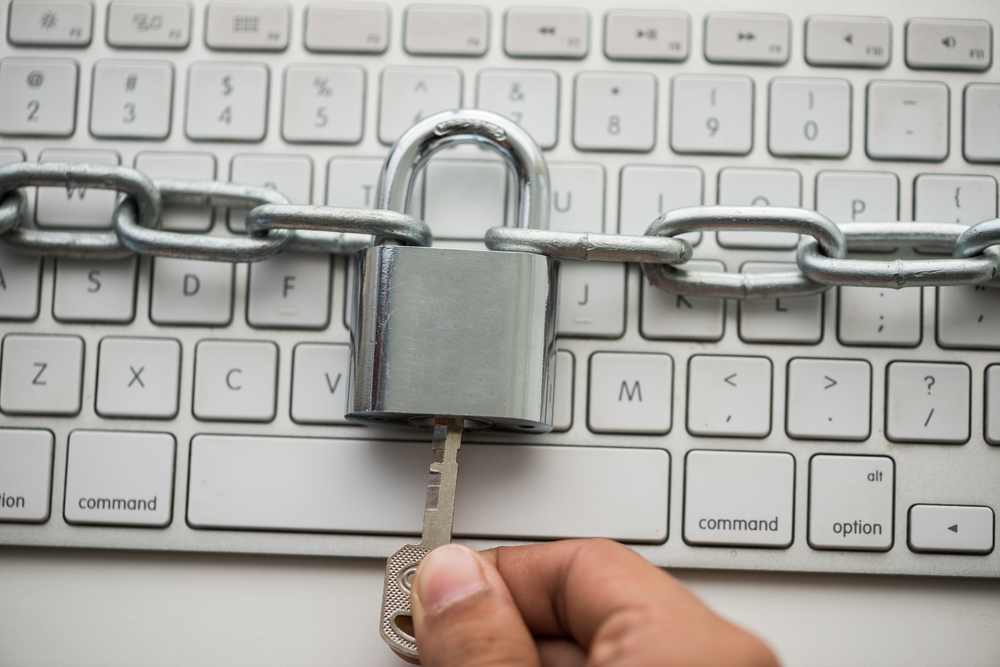In its response to a government consultation, the Chartered Institute of Taxation (CIOT) stressed that the effectiveness of e-invoicing in the UK will rely on a well-planned rollout. This includes meaningful stakeholder engagement, joint system design, thorough testing, and detailed review after implementation.
CIOT also called for e-invoicing systems to adhere to adaptable, consensus-based minimum standards that reflect differences in tax rules. These standards must clearly define expectations for usability, data security, and taxpayer access.
Ellen Milner, CIOT Director of Public Policy, said:
“If the government wants to encourage e-invoicing without mandating it, HMRC must offer education, incentives, and a smooth user experience. Building trust through strong implementation is key.
“Recent digital projects have struggled with functionality and access, damaging confidence. Any future system should align with existing reporting schemes and HMRC’s ‘digital first’ strategy.”
E-invoicing is currently voluntary in the UK, with no formal standards or active promotion by HMRC. As a result, domestic adoption remains limited.
Milner added:
“Without effective delivery, the UK risks falling behind in digital competitiveness. We support greater voluntary adoption and favour a decentralised model.
“If mandatory e-invoicing is introduced, it should be phased in gradually and consider business size. The goal must be better compliance and lower admin burdens for UK businesses.”
Full info here





